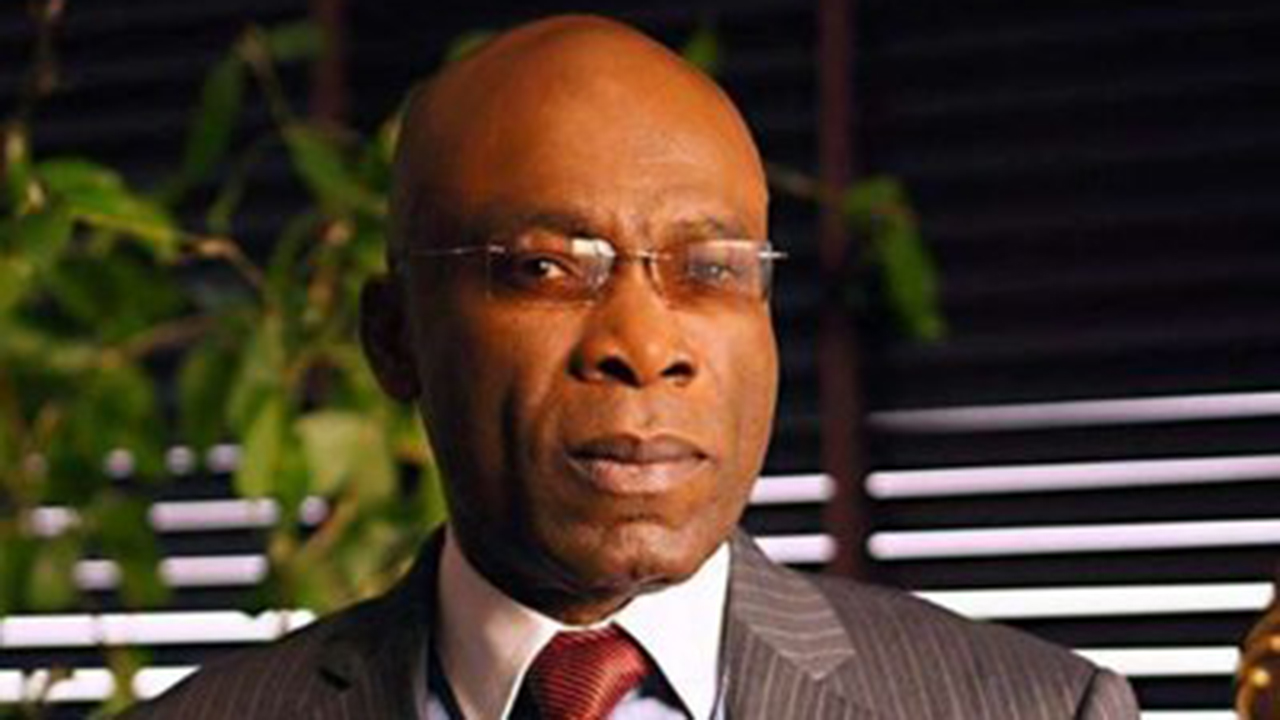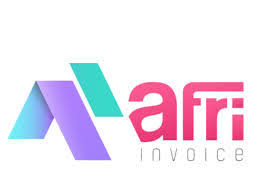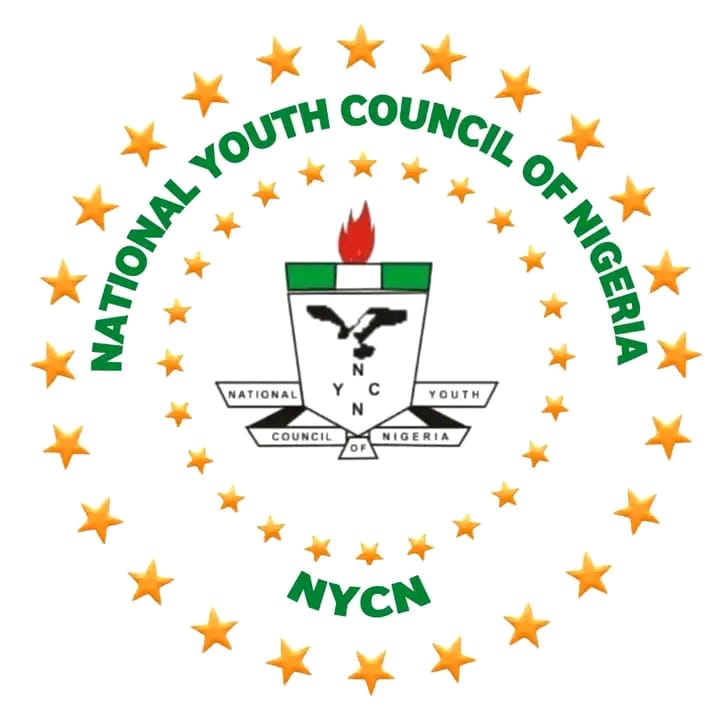Chairman of Zinox Group, Leo Stan Ekeh, has called on the Federal Government to prioritise affordable electricity for educational and research institutions across the federation. He made the appeal yesterday at the 19th International Conference of the Nigeria Computer Society (NCS) in Kano, where he gave a goodwill message.
Ekeh emphasised that an unreliable and costly power supply remains one of the biggest obstacles limiting innovation, digital adoption, and competitiveness of Nigerian institutions.
He urged the government to consider targeted subsidies for universities, polytechnics and research centres to ensure that young Nigerians have uninterrupted access to the digital tools and infrastructure required to compete in a knowledge-driven economy.
Ekeh noted that less than five per cent of educational institutions nationwide can afford to power their campuses for even six hours a day, while the cost of electricity from PHCN remains very high for effective digital learning.
Under such conditions, he questioned how under-resourced knowledge workers can access global content online to teach students. He stressed that interventions of this nature are urgently required to improve the quality of graduates in the country to compete as global citizens.
According to him, even students and lecturers, who have managed to acquire digital learning tools, often go for weeks without being able to recharge their devices due to the absence of electricity.
Beyond power, the Zinox boss also touched on broader critical issues, including the urgent need to strengthen local manufacturing, deepen digital literacy, and incentivise private sector partnerships to fast-track the country’s technological growth.
His call resonated with the conference theme, “Intelligent, Secure and Sustainable Innovation for a Connected World,” as he reminded stakeholders that no nation can achieve true digital transformation without deliberate domestic investment in human capital and infrastructure.






